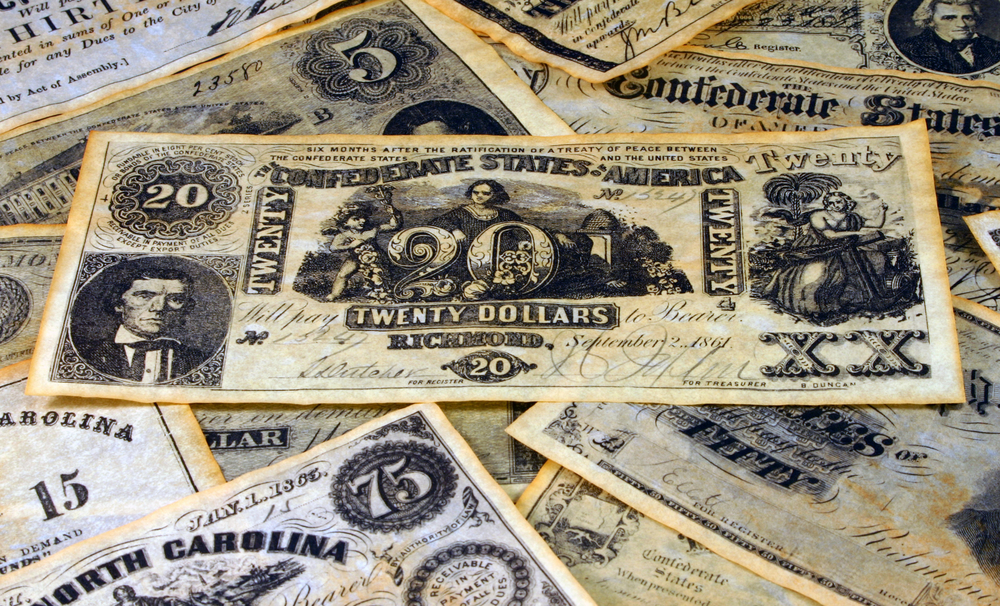Yes, there were Black slave-owners in the Antebellum South; less than half of all Black slave-owners owned just a single Slave, most likely this slave was one of their family members whom they had purchased from their former owners. So although they legally remained slaves, it was in name only.
However, that only accounts for about 40% of Black Slave-owners.
What about the other 60%?
Sadly, the majority of Free Blacks that owned Slaves in the Antebellum South did so for the same reasons that White slave-owners owned slaves, to get rich.
Many of these “black slave owners” were the mulatto children of white slave owners, who sadly viewed enslaved Africans much like a white, white supremacist did, that it was the white man’s right to own and dominate the negro. And one can only assume that being half white themselves, assumed that the right to own other human beings, particularly Africans, naturally extended to them as well.
When the Civil War broke out, these Black slave owners, just as the Whites ones took an interest in protecting their financial investment by fighting to protect their right to possess enslaved Africans.
One such group of enthusiastic Free Blacks and Black slave-owners even formed their own regiment, calling themselves the “Native Guards” in support of the Confederacy. In other words, there is nothing precluding Blacks from being just as opportunistic and self-serving as anyone else is
In fact, even worse than the Native Guards, in my opinion, were Free Blacks who had purposely taken residence in Cincinnati, Ohio with the intention of using their Blackness to go into business for themselves.
What kind of business you ask?
They knew, as everyone did, that most runaway Slaves trying to escape from slavery crossed into Ohio and into freedom by means of the Ohio River an into Cincinnati. These Free Blacks would roam Cincinnati and pretend to happen upon Blacks whom they suspected to be runaway slaves. I’m sure that wasn’t very difficult seeing that runaways had traveled possibly hundreds of miles, practically all on foot, making a point to avoid well-traveled roads. They were exhausted, frightened, filthy and most assuredly hungry.
Knowing these runaway slaves would be vulnerable after making such a trip, offered to bring them in to their homes, would give them food & drink, warm clothes and whatnot, and then talk to them in order to get information as to where the slave was from, and it would be even better if they could learn from whom they were running from. After the runaway had gone to sleep with a full belly and clean dry clothes, they would deliver the information they had acquired to local White Slave catchers whom the runaway had been doing everything to avoid. The Slave catchers would then arrest the runaway and return the poor bastard back into Slavery all for a piece of the reward money.
The worst part about all of this is that once the slave crossed into Ohio the slave was free! He or she had actually made it to freedom only to be betrayed because they trusted someone who looked just like they did.
Slavery had existed in this country for so long that almost no one could imagine a world without slavery in some form. Even Abolitionists only hoped to stop it from spreading further into newly acquired States into the Union. It would’ve been unimaginable, and rightfully so, for anyone living at the time to believe that an institution that had been in place for 200 years would be all but gone within 48 months of the start of the Civil War. I suspect that many Blacks figured that slavery was just a fact of life and figured out a way to live with themselves while exploiting the situation for their own benefit if they could.

